Emerging technologies to radically improve entire product value chain
June 10, 2020 5:42 pm
Ajay Gurjar, COO – Robotics Division, Yaskawa India Private Limited says that manufacturers, including MSMEs, should be proactive with Industry 4.0 to ensure enhanced productivity and innovations, and also explains the health and safety measures that companies should take in light of COVID-19.
How has your company’s journey been in the adoption of smart factories?
Being an early adopter, Yaskawa’s journey to smart factories has been pretty good so far. Yaskawa is amongst the top 100 innovative companies that has established its footprint in AI with the help of automation techniques developed by the company over more than half a century like servo motor, drives, robots, Yaskawa cockpit and smart factory solutions which help the industry to maximise productivity. It implies AI in robotics with exposure of current industrial development of Industry 4.0 where Yaskawa has developed “i3 mechatronics” solution concept, bringing together classical mechatronics, information and communication technology with digital solutions such as AI, big data and IoT which is demonstrated in Yaskawa Solution Factory Iruma.
The “Yaskawa Solution Factory” (smart factory) that was prepared at the Iruma Plant (Iruma City, Saitama Prefecture) was completed in July 2018 and began full-fledged operations in December. The concept of the plant is “a next-generation production plant that will change manufacturing and business”. Dramatic productivity enhancement was achieved at the plant. For example, in the production of Σ-7 Series AC servo drives, the speed and efficiency are three times greater than that of conventional production and the lead time has been shortened to 1/6th the previous time.
What kind of steps do companies, including MSMEs, need to take for the adoption of smart factories?
With all the disruptions due to COVID-19, now New India is all about change, from transformation in our day-to-day lives to the adoption of smart factories and adapting new supply chain management processes in manufacturing facilities. I feel that manufacturing giants, including MSMEs, should be proactive and not reactive with Industry 4.0 to tap their plants running to full without any disruptions. The first step must be taken from companies to be open for change, safe network, digitisation and implementing robotic automation system. At Yaskawa, we provide the solution with all our products like robots, servo and drives with the most adoptable Yaskawa cockpit best OPUA based Industry 4.0 solution from which customer can make a strong base for smart factory. Also, a convergence of emerging technologies and process improvement initiatives has the potential to radically improve the way manufacturers thread processes and systems in the entire product value chain, to deliver more opportunities and new service models to customers.
With limited manpower nowadays and to adhere to social distancing at factories, being smart is what will keep us all running. Automation and robotics provide the strength for Industry 4.0; AR/VR, cameras and other sensors provide the senses, and data and connectivity are its central nervous system. But the real brain behind this industrial revolution is AI. Real-time data will help companies including MSMEs to monitor operations and potential disruptions to keep production running at optimal levels.
How have machine learning (ML), artificial intelligence (AI), robotics, automation and big data been implemented by OEMs to move towards a Connected Enterprise?
Successful Connected Enterprises will be those that are able to gain insights the fastest and take appropriate actions across these three pillars: customer experience, digital business, and communications network evolution. This will require Connected Enterprises to apply artificial Intelligence (AI), predictive analytics, and machine learning (ML) to vast amount of big data on premises and in the cloud, robotic automation like Yaskawa Robot which supports AI best as an application platform and provides all the required data to do machine learning for predictive analytics through Yaskawa cockpit based Industry 4.0 innovation.
If you look at technology, it has become more advanced than ever before. With AI, robotics automation, big data, IoT, and machine learning, businesses can now create products and internal solutions that were hard to imagine a decade ago. The transformation journey in the entire value chain within the manufacturing sector has been amazing and has added to economic growth of the country.
Few of the industrial sectors may have been slow to catch up with all those innovations. Nevertheless, their leaders can no longer ignore the fourth industrial revolution heading their way. Just like other technological advancements, automated assembly lines using robotics automation and Yaskawa’s i3 mechatronics concept contribute to huge industry growth and are poised to renovate the entire supply chain and production processes. To enable OEMs to move towards the Connected Enterprise, Yaskawa is always there to back their businesses in this new normal and make them future-ready for a new India.
What are the challenges faced by OEMs while transitioning towards smart factories?
Driving organisations with wide innovations is tough. So far the challenges which I can foresee that OEMs are facing while transitioning towards smart factories are: lack of courage to launch the radical digitalisation plan, difficulties with integrating data from various sources to enable initial connectivity, deficiency of knowledge about technologies, vendors and IT outsourcing partners that could help execute the core initiative, and absence of in-house talent to support the development and deployment of Industry 4.0 initiatives. While there is no particular “one-size-fits-it-all” approach to bring Industry 4.0 to our lives, there are numerous things every business can do to diminish those adoption barriers. The first step is to clearly estimate the ROI that different digital solutions can generate for their businesses. There are undoubtedly few challenges of smart factories such as high costs, lack of awareness among the people involved in implementation, insufficient technology, and limited capabilities to secure data correctly.
What kind of technological advancements can we expect with respect to smart manufacturing in the coming years?
Yaskawa has introduced the concept of I3 mechatronics with Yaskawa Cockpit, a three-dimensional digital data solution. The detailed theory of integrated, intelligent and innovative solution describes how Yaskawa is empowering the next generation by synthesising its knowledge of mechatronics technology whch the industry is looking to work with in the future. India is amongst the fastest growing countries housing big OEMs and small, medium and large industries primarily in the engineering segment. Yaskawa India offers a wide range of futuristic automation solutions targeting auto and non-auto OEMs, tier I and tier II and education segment focusing on automation, big data, AI, and Industry 4.0 solutions.
What is the impact of COVID-19 on your business?
Business dynamics got changed suddenly in such a short time span. However, during the lockdown, we emphasise more on connecting with all our customers and business partners. Instead of simply discussing business, we had a fair discussion about the current issues and how to make their team stronger with technical training and tips. We conducted an E-seminar and many webinars on Yaskawa offerings. On the positive side, we really got a personal connect with our clientele during this COVID-19 pandemic situation. Though we have a small impact on our running business, connecting through webinars and E-seminar with customers and partners will surely help to improve the business.
COVID-19 has increased interest in robots and artificial intelligence. Robot technologies can help deal with massive staffing shortages in FMGC, manufacturing, and supply chains. We need to run companies with minimum manpower, so “robotics is the best solution” and AI with Industry 4.0 as smart factory solution can increase the work-from-home feasibility. Even with COVID-19 and its related budget constraints in numerous sectors, the business keeps on reviewing robotics as a key long-term investment.
How can one improve safety in the manufacturing sector to safeguard workers and employees against the virus?
Almost all the manufacturing facilities are developing plans for continuing operations in the setting of COVID-19 occurring among workers or in the surrounding community. Using masks and gloves, washing hands at regular intervals and maintaining social distancing are few of the guidelines given by the government which we all should follow in general.
Here I would share few things which we are following at Yaskawa India locations and we urge others too to follow. Safety at workplaces can be improved by eliminating a hazard or processes; installing engineering controls; and implementing appropriate cleaning, sanitation, and disinfection practices to reduce exposure or shield workers. Administrative controls, which are changes to the way people work, are also an important part of an approach to prevention in these workplaces. Employers may determine that modifying production or assembly lines and staggering workers across shifts would help to maintain overall manufacturing capacity while measures to minimise exposure to SARS-CoV-2 are in place.
Adhere to social distancing at the workplace and limit facility access only to essential workers. If meetings must be held, such as at shift changes, break them into smaller groups instead of holding a larger meeting. Eliminate non-essential meetings. Educate and train workers and supervisors about how they can reduce the spread of COVID-19. I believe all businesses should follow the above points to make the workplace safe for employees, as we are following at Yaskawa locations globally.
“With AI, robotics automation, big data, IoT, and machine learning, businesses can now create products and internal solutions that were hard to imagine a decade ago.”
Cookie Consent
We use cookies to personalize your experience. By continuing to visit this website you agree to our Terms & Conditions, Privacy Policy and Cookie Policy.





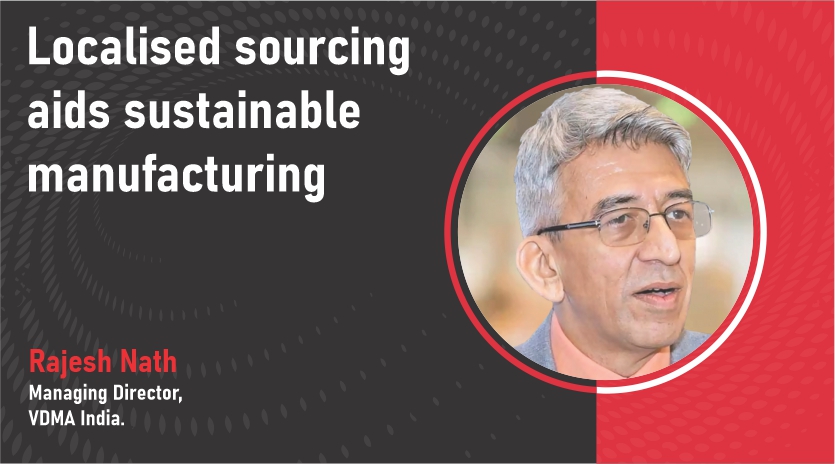

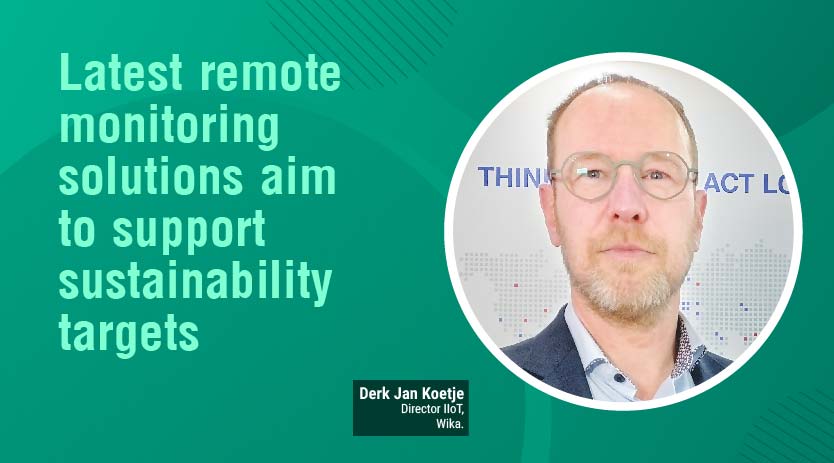
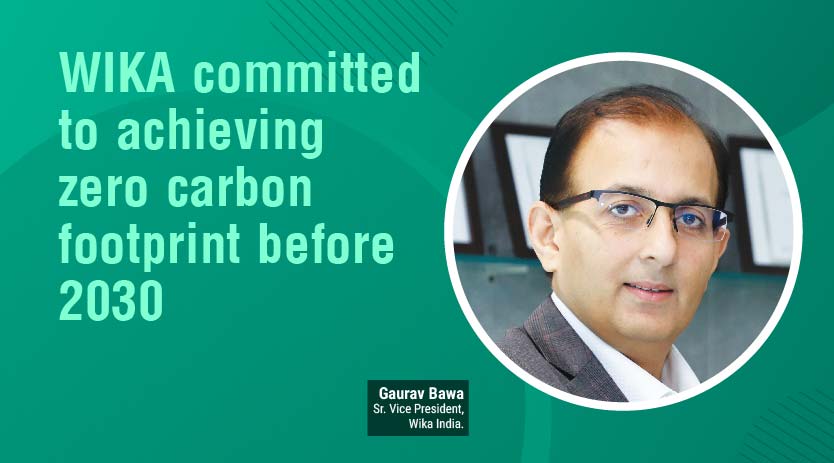
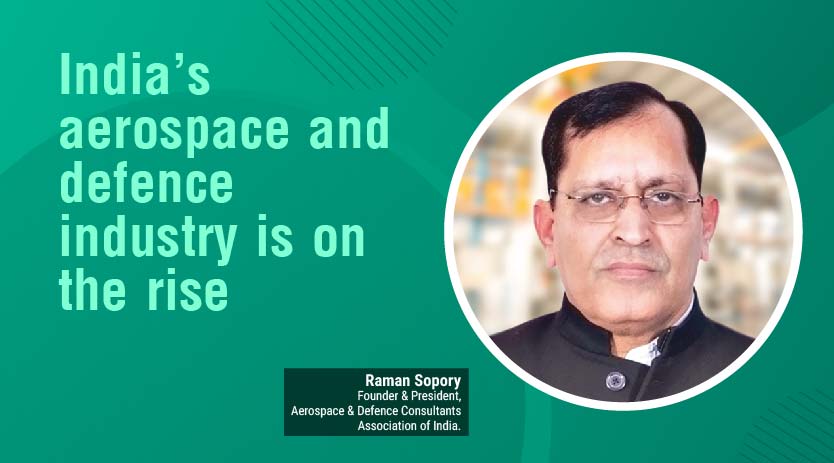
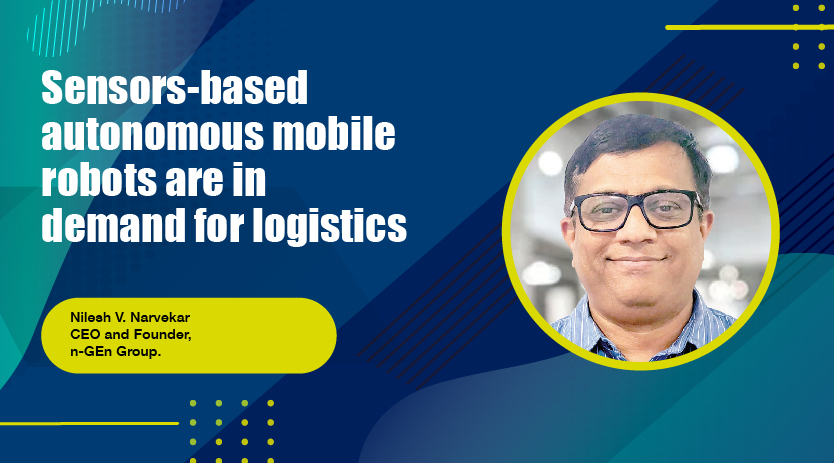
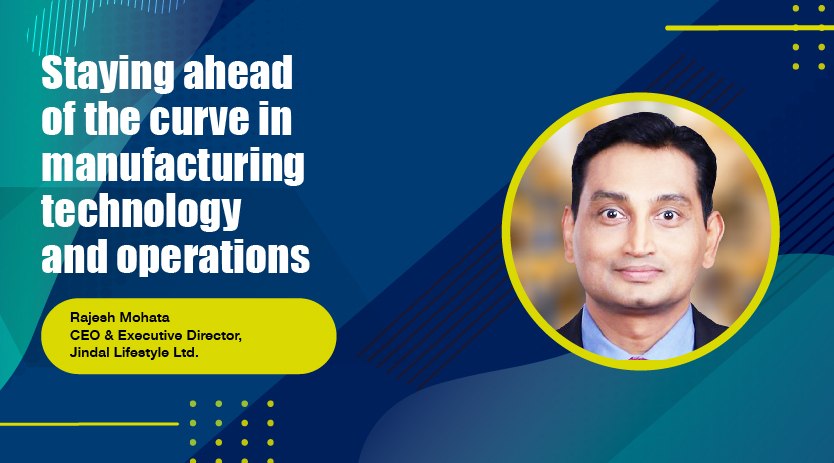
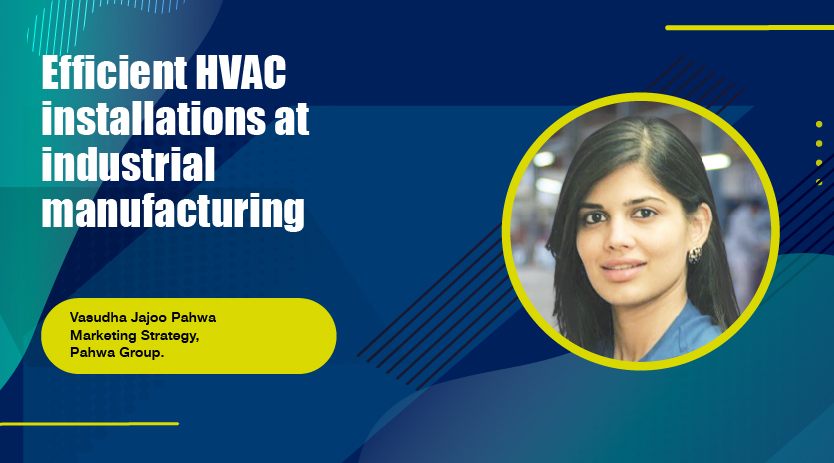
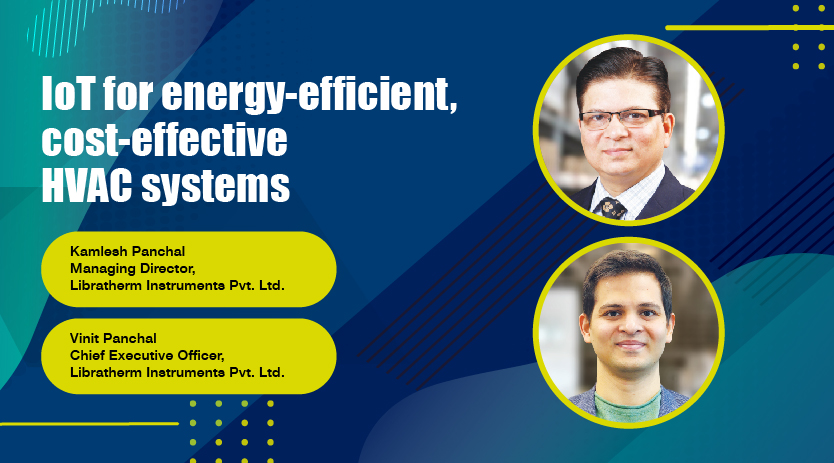



 English
English Hindi
Hindi